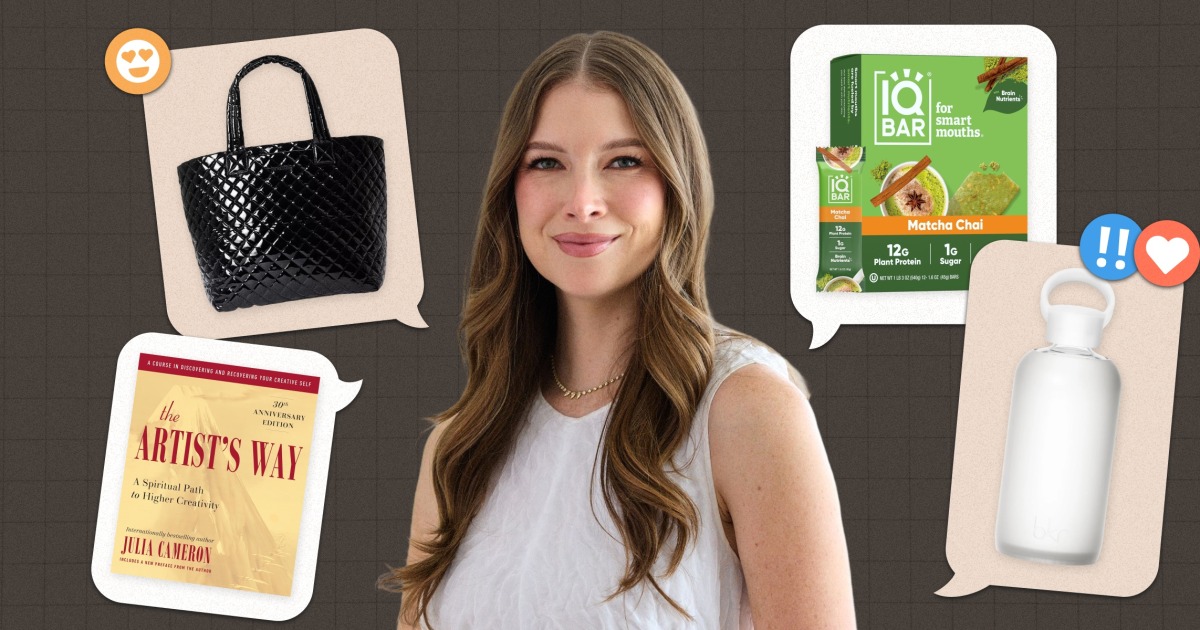





Why Dianna Cohen waited 15 years to buy a luxury robe

Dianna Cohen, founder of haircare label Crown Affair, recently told NBC Select she marked up a book “like it’s a religious text” and waited 15 years before finally buying a luxury robe. Small details such as these can feel purely personal, yet they reveal how founders in the beauty world balance craftsmanship, self-care and considered consumption. For anyone interested in hair health, style or building a beauty business, there’s value in unpacking what a single thoughtfully chosen item — like a robe — says about routine, quality and longevity.
Why small luxuries matter for hair and wellbeing
Founders often speak of rituals: repeatable, manageable practices that centre their day and protect their creative energy. A robe might seem decorative, but the right fabric and fit can influence comfort, sleep quality and even hair condition. When a founder waits 15 years to make that purchase, it’s rarely impulsive. It’s a deliberate investment in an object that will be used often and expected to perform — not just look good.
Choosing a robe that protects hair
For readers focused on hair health, a robe isn’t simply a luxury item — it’s part of a routine. Fabrics that reduce friction, manage moisture and stay gentle against the scalp will help preserve styles and minimise breakage. Consider these practical factors when choosing a robe:
- Material: Silk and satin are widely recommended because they reduce friction against hair strands; lightweight cotton can be comfortable but may absorb moisture and rub more than smoother fabrics.
- Weight and weave: A lightweight, breathable weave prevents overheating and helps maintain overnight hairstyles; denser weaves provide warmth but can trap humidity.
- Fit and length: A robe that closes snugly at the neck and shoulders reduces movement that can disturb hair; a looser fit is more comfortable for lounging.
- Care instructions: Delicate fabrics require gentle washing and careful storage to maintain their protective properties.
These points don’t endorse a single brand or price point — they’re small checks that help you find a piece that supports haircare goals while fitting daily life.
What a marked-up book and patience tell us about creative discipline
Cohen’s comment about marking up a favourite book “like it’s a religious text” speaks to another founder habit: active, iterative learning. Annotating texts, keeping clippings, and revisiting resources are practical ways to translate inspiration into product ideas and rituals. For hair professionals and enthusiasts, this might mean:
- Keeping a dedicated notebook of formulations, client feedback or styling techniques.
- Annotating editorial or research pieces to capture quotes, data and experiments to try.
- Creating a reference shelf — physical or digital — so ideas can be repurposed into daily routines or product improvements.
These practices convert passive reading into active development. They also reinforce a mindset reflected in that 15-year wait: make choices slowly, with an eye for longevity rather than immediate gratification.
Practical tips for bringing considered purchases into your routine
If you’re inspired to adopt a more intentional approach to buying — and to protecting your hair while doing so — here are simple steps to follow:
- Pause before purchase: wait a set period (for example, 30 days) to assess whether the item answers a real need.
- Research materials: learn about fabric properties and how they interact with hair and skin.
- Prioritise multipurpose pieces: choose items that support several parts of your routine (comfort, style, hair protection).
- Document outcomes: note how new pieces affect your hair or routine so future choices are evidence-based.
Takeaway
Dianna Cohen’s robe and the book she annotates are more than lifestyle confessions; they illustrate a disciplined approach to consumption and creativity. Whether you’re selecting a robe to preserve your blow-dry, curating a reference library for salon work, or simply aiming to live with fewer, better things, the lesson is consistent: considered purchases and deliberate habits pay back in durability — for your wardrobe, your hair and your craft.
Explore More: Discover related reads from Hairporium — News • Guides • DIYs • Expert Articles.
More From the Experts: Read interviews and insights from stylists and professionals on Hairporium Expert Articles.







